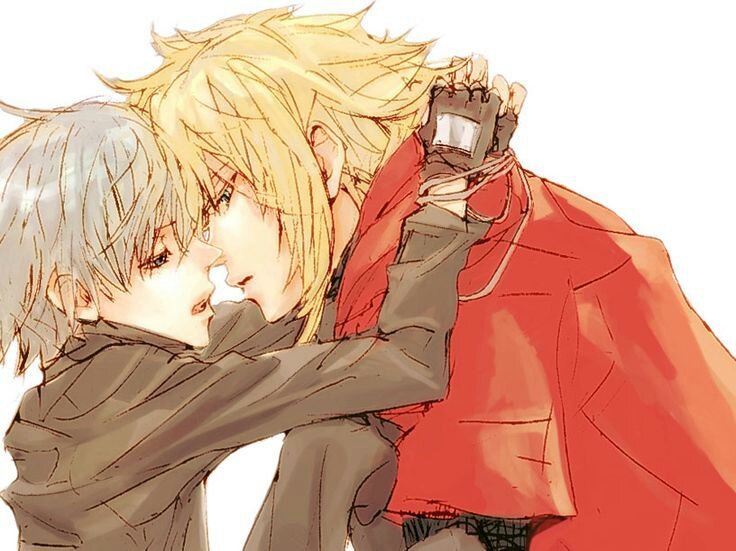
If obtaining some sort of benefit for one being necessitates the elimination of another, then so be it. Narrated in alternating voices, with twists youll never see coming, Confessions probes the limits of punishment, despair, and tragic love, culminating in a. You'll never look at a classroom the same way again.

Human beings are just one among an infinite number of entities, living or otherwise, that exist on the earth. Narrated in alternating voices, with twists you'll never see coming, Confessions probes the limits of punishment, despair, and tragic love, culminating in a harrowing confrontation between teacher and student that will place the occupants of an entire school in danger. "But I don't necessarily understand why it's evil per se.

"I understand why murder is considered a crime," the Nietschean-in-the-making Shuya explains, with cold theatricality, later in the tale. These include Shuya, a seemingly narcissistic boy with a knack for electronics and a masochistic mother fixation, and his more guilt-prone accomplice Naoki, a sort of Japanese Leopold and Loeb who, for reasons that become clear only slowly, murder the beloved 4-year-old daughter of their middle school teacher. Dark in subject matter: a four-year-old girl, the daughter of teacher Yuko Moriguchi, has been found dead in the swimming pool. As its title suggests, "Confessions" is a pulp-fiction tell-all of sorts: a collection of unburdenings by participants in a series of chillingly calculated crimes that come to seem less the work of psychopaths than of ordinary (if extraordinarily wounded) people, some of whom happen to be 13-year-olds. This compulsively readable novel is dark, disturbing, and deceptive.


 0 kommentar(er)
0 kommentar(er)
